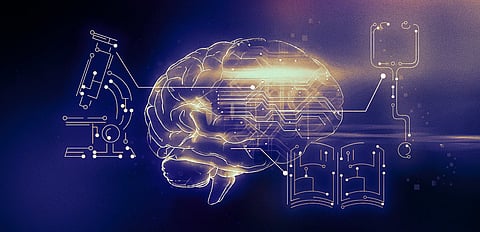

The integration of artificial intelligence (AI) into various aspects of our lives is driving transformative changes, particularly in the workplace. Among the many AI applications, chatbots are emerging as powerful tools that are redefining how we approach work processes and interactions. Here’s an in-depth look at how AI chatbots are shaping the future of work.
Initially deployed for basic customer service functions, AI chatbots have evolved into sophisticated systems capable of managing a broad spectrum of tasks. Leveraging advanced technologies like Natural Language Processing (NLP) and machine learning, these chatbots can now engage in more nuanced and empathetic interactions. This evolution highlights the growing role of AI in enhancing human capabilities and optimizing work processes.
A primary benefit of AI chatbots is their ability to significantly boost efficiency. By automating routine and mundane tasks, chatbots free up human workers to concentrate on more complex and creative endeavors. Tasks such as scheduling meetings, answering frequently asked questions, and processing administrative duties are seamlessly handled by chatbots, streamlining workflows and reducing manual labor. This automation leads to increased productivity across various industries.
AI chatbots also offer round-the-clock availability, enabling businesses to provide continuous support to both customers and employees. This constant availability is especially valuable in sectors where immediate assistance is essential, such as customer service and technical support. By delivering real-time support and assistance, chatbots enhance customer satisfaction and loyalty, driving positive outcomes for businesses.
However, the integration of AI chatbots into the workplace is not without challenges and ethical considerations. Concerns regarding data privacy, security, and the potential displacement of human workers need to be addressed. In conclusion, AI chatbots are revolutionizing the future of work by enhancing efficiency, fostering collaboration, providing round-the-clock support, and facilitating knowledge sharing. As these technologies continue to advance, their potential to augment human capabilities and streamline work processes becomes increasingly evident. Nonetheless, addressing the accompanying challenges and ethical considerations is vital to ensuring that AI chatbots serve as effective tools for driving productivity and innovation in the workplace.
